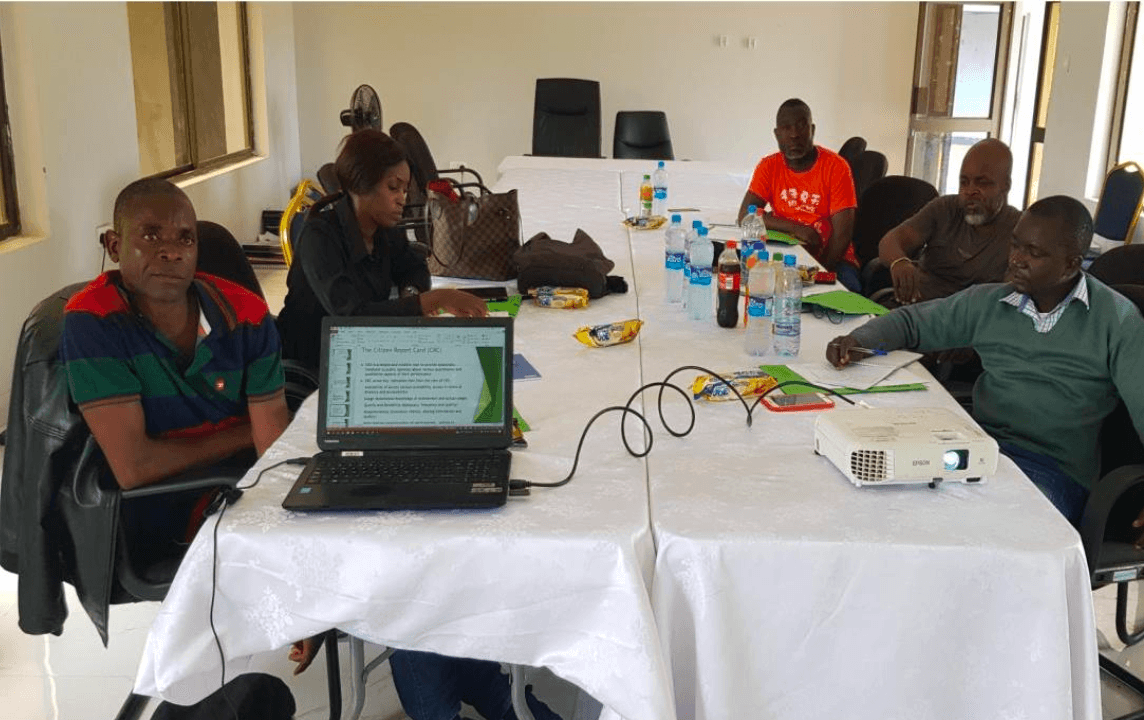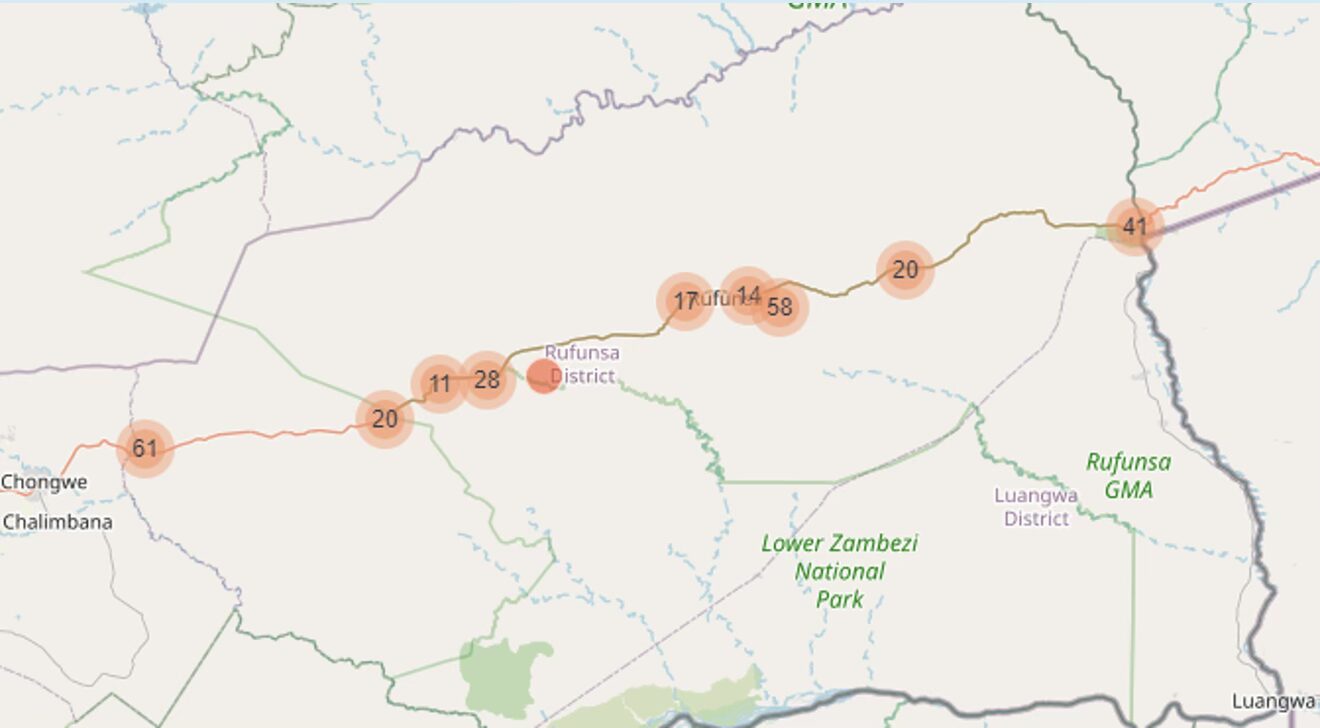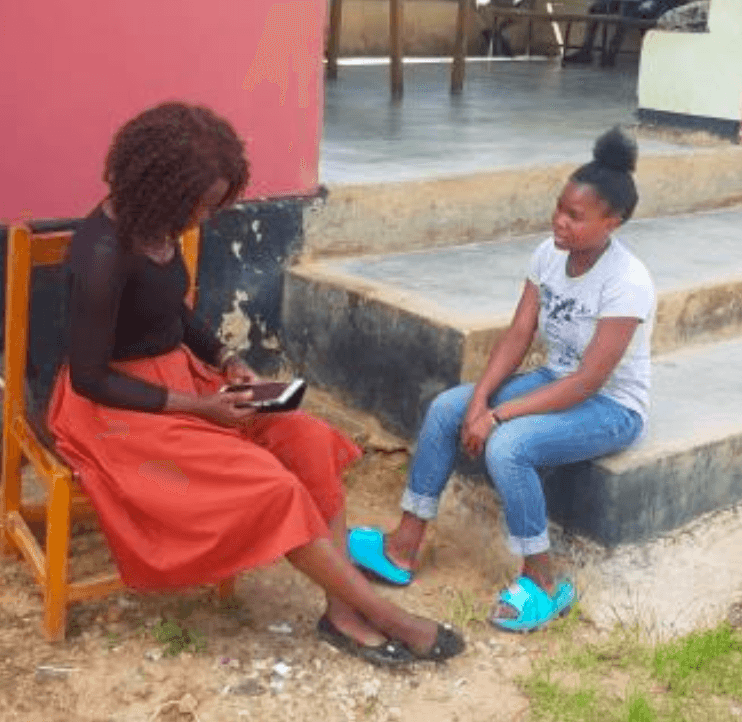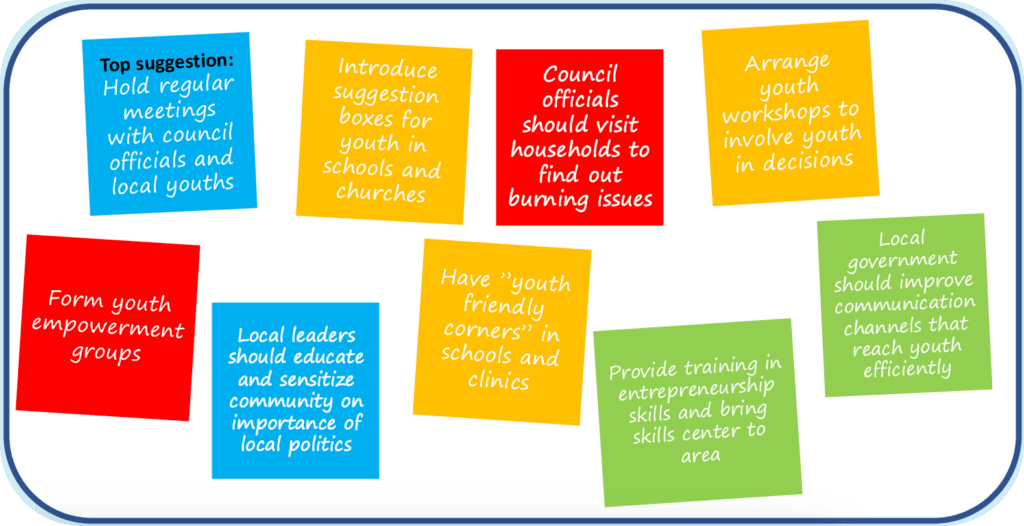In Rufunsa District, Zambia, ICLD conducted a Citizen Report Card (CRC) survey to assess local governance and youth participation. The CRC gathered feedback from over 300 respondents, highlighting key insights about local democracy, transparency, and participation.
Key Findings
The Rufunsa CRC survey revealed important findings on citizens’ experiences with local governance:
- Low Participation: Only 13.5% of citizens reported participating in local governance, with women and youth participating at much lower rates than men and older individuals.
- Gender Inequality: Around 80% of respondents believed that women have fewer opportunities to participate in local politics compared to men.
- Transparency Challenges: A significant number of citizens find it difficult to access information about local government services, with only 5% aware of how local resources are spent.
- Barriers for Youth: Youth, particularly young women, face additional challenges in participating in local decision-making processes.



Youth Participation and Gender Gaps
The CRC survey in Rufunsa highlighted a substantial gap in youth participation. Only 8.4% of youth under 35 had participated in local governance, compared to 22.1% of adults over 35. Additionally, young women had significantly fewer opportunities to engage in decision-making processes than young men.
Suggestions from the Community
Rufunsa residents made the following suggestions to improve local governance and youth participation:
- Better Communication Channels: Citizens recommended that the local government use channels like WhatsApp and radio to better engage with youth.
- Youth Leadership Programs: The community suggested creating youth leaders or ambassadors to bridge the gap between young citizens and local authorities.

What suggestions do you have for improving youth participation in decision making and local democracy?
What’s Next for Rufunsa?
The findings from the Rufunsa CRC survey will help local authorities identify key areas for improvement. By addressing the participation gap and promoting gender equality, Rufunsa’s local government can better serve its citizens and ensure more inclusive governance.

